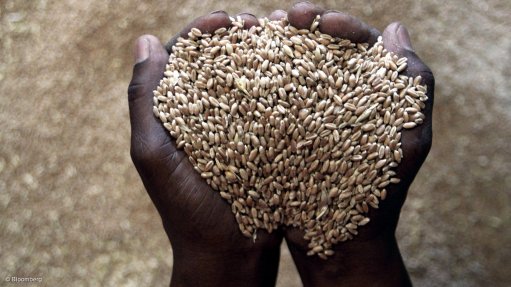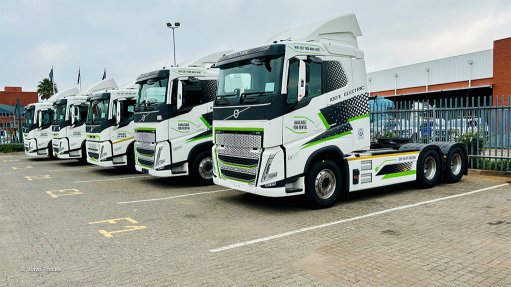How Blockchain is being used to build trust across value chains


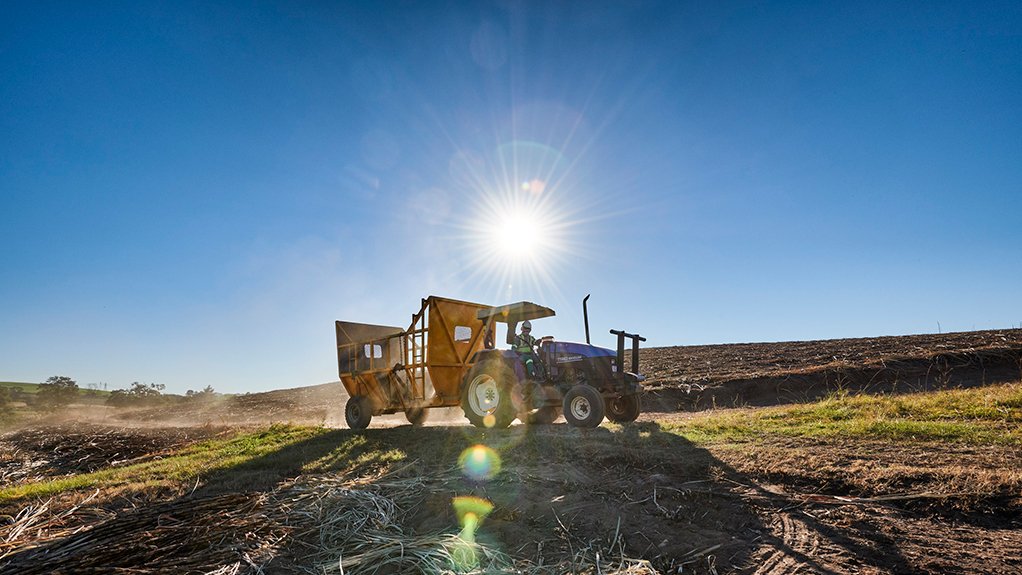
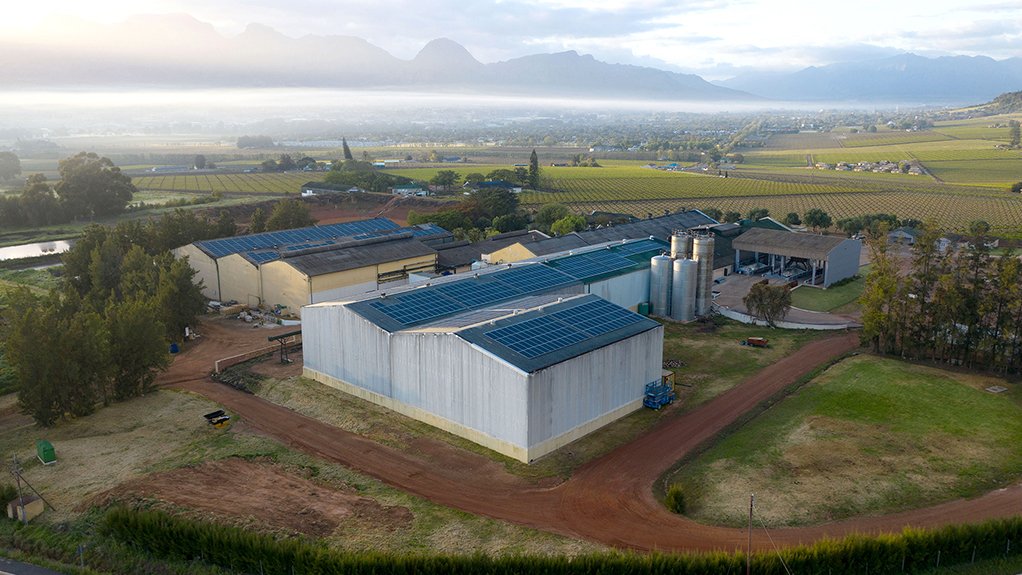
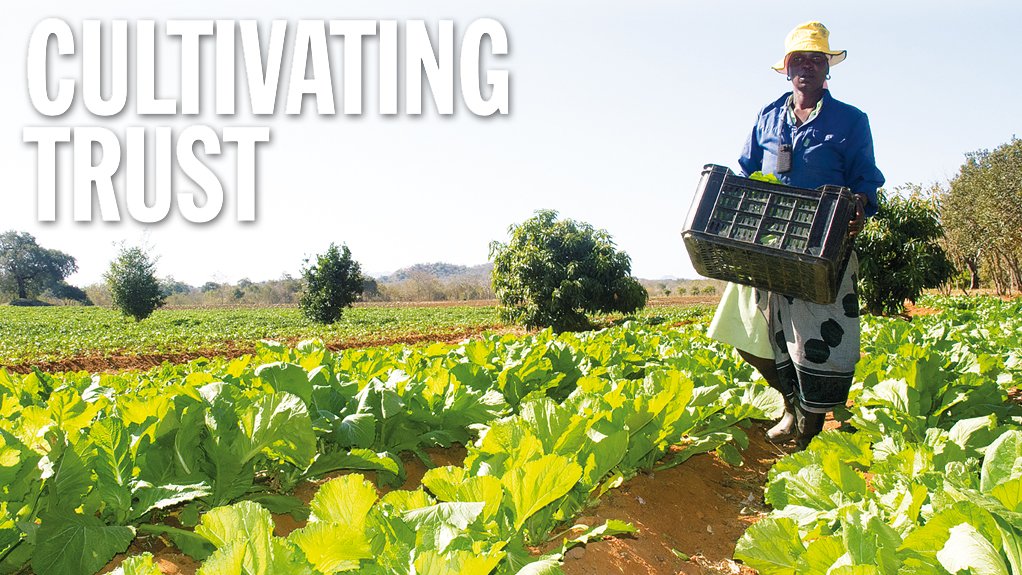
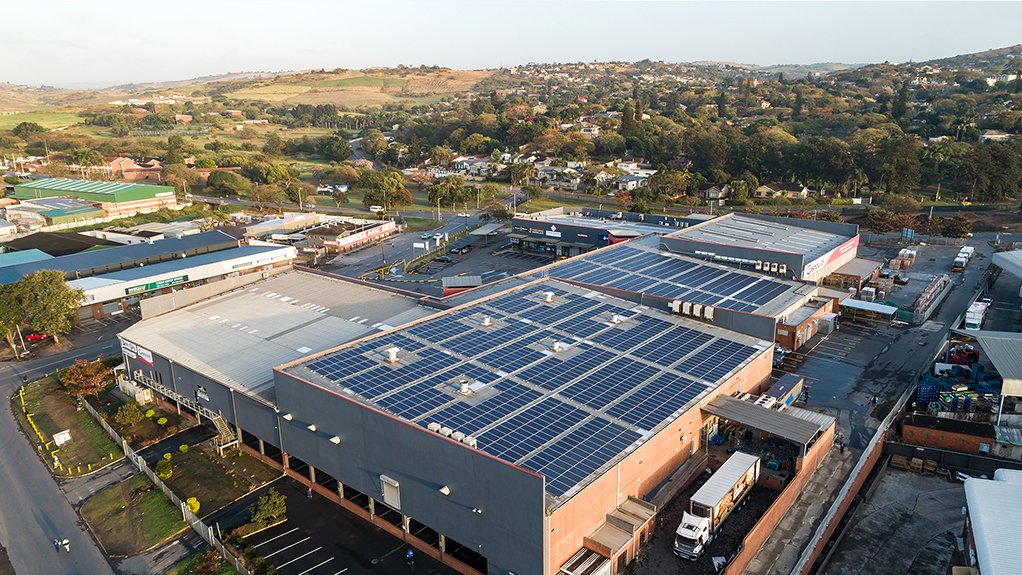
VERIFICATION AND VALIDATION Blockchains facilitate the involvement of many witnesses and points of verification
SUSTAINABLE SWEETNESS The sugar cane industry of Queensland has made all the industry's information public to grow trust
SOLAR SUPPORT Blockchain technology can be used throughout the solar energy supply chain, including for logistics, shipping tracking and solar plant performance
DEVELOPMENT TRUST The transparency provided by blockchain-based payments and transactions could boost and accelerate development
Distributed ledger technologies, such as blockchain, in which immutable copies of ledger entries are shared with all stakeholders, are being used to improve the speed at which members and whole supply chains can react to changes. In addition, the transparency of the entire value chain is being enhanced, as verification can be done at each conversion or value-adding step.
Transparency and visibility across a supply chain will boost trust, which will, in turn, increase the speed at which supply chain processes can be completed, says technology analysis organisation Edge of NFT cofounder Dr Eathan Janney.
“When there is little trust between people, or businesses, relationships move very slowly, as there is uncertainty about what the other party is accountable for and what to expect from the other party. The reverse of this is that, when we build trust and know the parties and what to expect, what can be achieved is incredible,” he explains.
Blockchain brings transparency across value chains, as each member can see how each process in the value chain is converted to the subsequent step in near-real time, says financial services firm Standard Bank distributed ledger technology and blockchain head Ian Putter.
“These processes and steps can be mapped out to measure features such as sustainability. The sustainable agriculture team at Standard Bank is using these systems to identify and invest in sustainable farmers,” he says.
Standard Bank and the Blockchain Research Institute Africa are working to support the development of communities of trust in industries and across supply chains using suitable digital technologies, such as blockchain.
“Beyond investment support, blockchains serve to create trust in communities, and formalise the support members of a community provide to each other. For example, the sharing of farming equipment, the delivery of agricultural products to a centralised distribution point and spot checks to verify the quality of products can all be captured and shared on a blockchain, which will help to improve the performance of the farming community and supply chain,” he says.
Blockchains facilitate the involvement of many witnesses and thereby embed trust. There are significant opportunities for communities to use decentralised, distributed ledger technologies to boost and reinforce trust among members of an industry ecosystem, as well as with external stakeholders and investors, says Putter.
“Blockchain is a transformative technology underpinning how the world interacts and transacts. The catalytic properties of blockchain will be notable in and beneficial to Africa. The ability to create communities of trust, enabled by technologies such as blockchain, provide communities with the independence to undertake strategic initiatives.”
Transparency brings trust from the grassroots up and, with the establishment of trust, communities can help themselves, he adds.
Supply-Chain Transparency
Further, blockchains are also being used to build trust across industries, such as the blockchain developed by professional services firm KPMG for the Queensland, Australia, sugar cane industry.
“The Queensland sugar cane industry recognised that a breakdown of trust threatened the future of the industry, and aimed to demonstrate the sustainability credentials of sugar produced in Queensland. The blockchain-based system is used across the entire ecosystem, from initial certification of farms through to growing, transport, refining and export processes,” says KPMG Impact global head Richard Threlfall.
“The industry came together and put all their data into one place that they then made public. This helps to drive consumer behaviour by providing them with information about the impact and sustainability of the sector,” he adds.
This initiative was not government-driven, but rather driven by the industry responding to demands from clients and consumers to prove what the impact of sugar cane farming on biodiversity is, what its carbon emissions are and what it is doing to prevent harm as part of its operations, he highlights.
Locally, solar energy funding platform Sun Exchange founder and CEO Abraham Cambridge says blockchain technology can be applied throughout the solar energy supply chain, including for logistics and shipping tracking.
Once operational, the solar plant performance can be tracked and recorded on to a blockchain to enable transparent viewing of financial performance with an immutable record, he notes.
Additionally, some Sun Exchange projects include distribution infrastructure and these are funded through the company’s standard model, which uses the Bitcoin payment rail. However, large-scale transmission projects in Southern Africa are often plagued by challenges, including those related to corruption.
“If governments allow it, the transparency provided by blockchain-based payments and transactions would be tremendously advantageous for the region and could go a long way to boost and accelerate development,” Cambridge notes.
South Africa’s National Treasury, in response to questions from Engineering News & Mining Weekly, says it regards the use of digital technologies as an important enabler for improving procurement, which is an important lever to drive economic growth and a tool for advancing the socioeconomic objectives of the country.
“The use of technology is vital in increasing competition, transparency, efficiency and fairness. Governance and compliance play a critical role in procurement processes and technology will assist with reducing fraud, enabling analysis of trends and ensuring value for money, as well as identification of red flags and irregularities in public procurement processes,” the Treasury says.
Meanwhile, 81% of enterprises worldwide are involved in blockchain initiatives, either piloting or using blockchain systems, up from about 10% in 2017, highlights information technology multinational IBM Consulting Web 3.0 and Sustainability executive partner Shyam Nagarajan.
“The technology (blockchain) has matured. The value realised from its use is significant and it no longer poses a risk. Confidence in the technology and the outcomes from its use have led to its adoption,” he notes.
Investment Driver
“Consumers are saying they want to know how a product is made and investors are also increasingly demanding to see how their money is contributing to environmental, social and governance metrics,” says impact investment services company Proof of Impact cofounder and CEO Fleur Heyns.
A study conducted by the UK government, Proof of Impact and large impact investment organisations indicated that funders with combined resources of about $100-trillion, equivalent to about one-third of the world’s assets, want to see what their money is solving for, she highlights.
“While investors typically operate on a risk-adjusted returns basis, if given the option to see how their money is contributing to industries, communities and societies, they will choose to do so. There is a demand category of investors saying that they need to see the proof of companies’ claims and actions, or they will not invest,” she emphasises.
Further, good management of resources is an indicator of good performance. Therefore, companies will not be sustainably profitable unless they operate their businesses on these performance and sustainability data points, Heyns highlights.
“However, blockchain itself does not clean the data; it only stores data. This is why there is a need for third-party verification that can be facilitated through the sharing of data, such as utility bills [to verify electricity use] and measurements from machines used in processes, to validate the claims of a company that it is actually improving efficiency or reducing environmental impact,” she highlights.
Once validated, these claims can be distributed to stakeholders in a blockchain, or publicly displayed to provide proof of and engender trust in a company’s activities, potentially enabling companies to directly attract investments or deliver proof of the materiality of their actions to investors, stakeholders and consumers, she adds.
“Governance is increasingly a must-have for enterprises. Enterprises need a strong governance framework, from a process perspective, and then need to use technology on the backend to help achieve those goals in a way that is transparent, process-based and so that they can see the achievement of their metrics,” concurs open-source blockchain solutions company CasperLabs business development MD Joel Curado.
For example, utility Energias de Portugal is improving its standing in the Dow Jones Sustainability Index by converting to renewables and using a blockchain-based system to guarantee the renewable origin of the power it sells.
Similarly, medical diagnostics and pharmaceuticals company Roche’s use of blockchain focuses on raw materials and understanding the life cycle of its products so that it can transmit this information to its employees and stakeholders externally, Curado illustrates.
•Janney, Threlfall, Nagarajan, Heyns and Curado spoke during the Blockchain Hub Davos 2022 event, in May.
Comments
Press Office
Announcements
What's On
Subscribe to improve your user experience...
Option 1 (equivalent of R125 a month):
Receive a weekly copy of Creamer Media's Engineering News & Mining Weekly magazine
(print copy for those in South Africa and e-magazine for those outside of South Africa)
Receive daily email newsletters
Access to full search results
Access archive of magazine back copies
Access to Projects in Progress
Access to ONE Research Report of your choice in PDF format
Option 2 (equivalent of R375 a month):
All benefits from Option 1
PLUS
Access to Creamer Media's Research Channel Africa for ALL Research Reports, in PDF format, on various industrial and mining sectors
including Electricity; Water; Energy Transition; Hydrogen; Roads, Rail and Ports; Coal; Gold; Platinum; Battery Metals; etc.
Already a subscriber?
Forgotten your password?
Receive weekly copy of Creamer Media's Engineering News & Mining Weekly magazine (print copy for those in South Africa and e-magazine for those outside of South Africa)
➕
Recieve daily email newsletters
➕
Access to full search results
➕
Access archive of magazine back copies
➕
Access to Projects in Progress
➕
Access to ONE Research Report of your choice in PDF format
RESEARCH CHANNEL AFRICA
R4500 (equivalent of R375 a month)
SUBSCRIBEAll benefits from Option 1
➕
Access to Creamer Media's Research Channel Africa for ALL Research Reports on various industrial and mining sectors, in PDF format, including on:
Electricity
➕
Water
➕
Energy Transition
➕
Hydrogen
➕
Roads, Rail and Ports
➕
Coal
➕
Gold
➕
Platinum
➕
Battery Metals
➕
etc.
Receive all benefits from Option 1 or Option 2 delivered to numerous people at your company
➕
Multiple User names and Passwords for simultaneous log-ins
➕
Intranet integration access to all in your organisation















